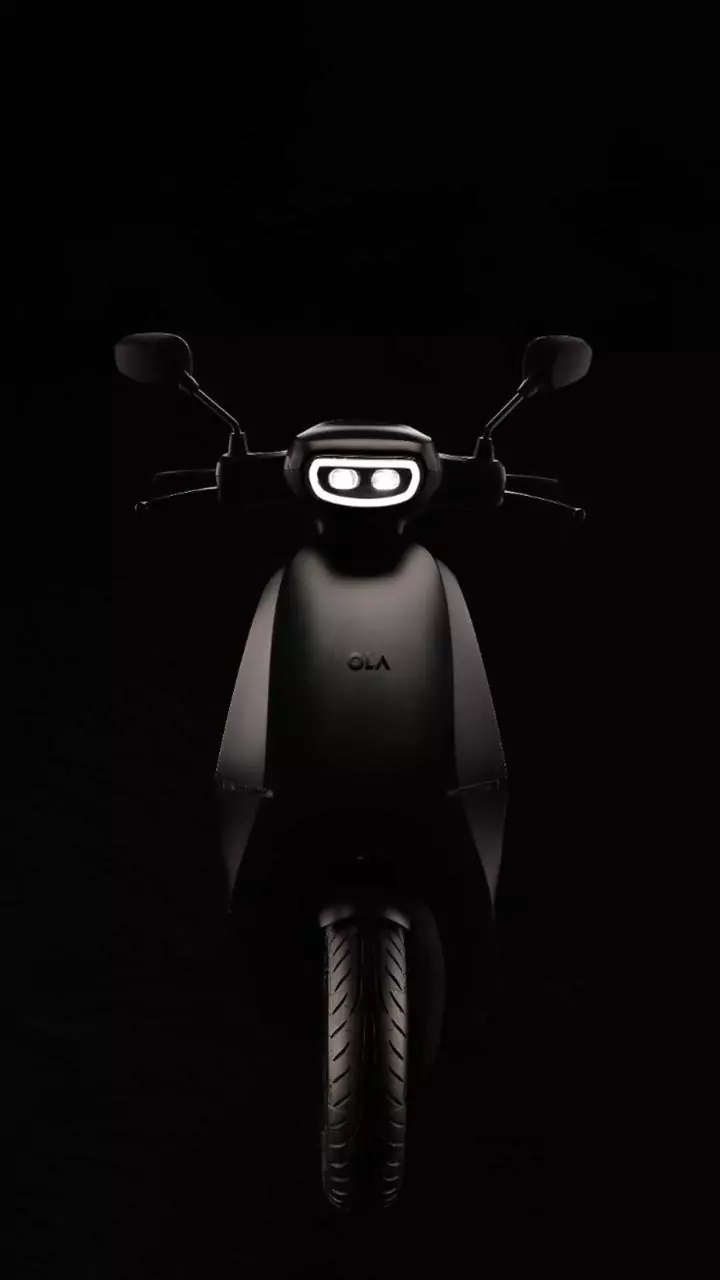Reviving Mini-Car Sales
Maruti Suzuki India has set ambitious sales targets for its entry-level cars. The company aims to achieve record sales volumes for the Alto and S-Presso
during the current fiscal year, specifically targeting between 220,000 and 250,000 units. This renewed emphasis on smaller cars is a strategic response to the declining market share Maruti has experienced due to reduced sales in this segment, contrasted with the growing demand for SUVs. In fiscal year 2025, the overall passenger vehicle market saw only a 2% increase, while Maruti's market share dropped to its lowest level since 2013, when it stood at 39%.
Price Cuts Announced
To stimulate demand, Maruti Suzuki has strategically reduced prices across its model lineup. Notably, the Alto, S-Presso, and Celerio have received the most significant price cuts, ranging from 13% to 22%. Larger models, including the Brezza, Grand Vitara, and Invicto, have also seen price reductions, though to a lesser extent, between 2% and 8%. These price adjustments were facilitated by a reduction in GST rates for small cars, effectively lowering prices by 11-13%. This move is designed to make entry-level cars more accessible and attractive to a wider range of consumers.
Festive Season Strategy
Maruti Suzuki has rolled out a festive season financing scheme to further encourage sales. The company is offering a Rs 1,999 EMI scheme for entry-level models, which was launched during Navratri and will continue through Diwali. This offer, designed to be appealing to two-wheeler owners, has reportedly led to a surge in showroom visits. The company is seeing a positive response to the EMI offer, with an increase in bookings, particularly for the Alto. Dealerships are witnessing a rise in inquiries, particularly from rural areas and smaller towns. According to a Maruti dealer, the offer is very attractive and has brought new buyers into showrooms.
Industry Perspective
Industry observers are cautiously optimistic about Maruti Suzuki's plans. Puneet Gupta, Director at S&P Global Mobility, believes that the GST reduction could re-energize demand in the mini-car segment. He anticipates innovations in financing, product offerings, and ownership schemes designed to boost this category. Analysts believe that while the affordability push may come at the cost of average selling price and near-term margins – potentially around 100 basis points – it could expand market share and improve operating leverage if consumer response remains positive. Kapil Singh of Nomura Research noted that the initiative may strengthen Maruti’s base.
Market Dynamics and Goals
Maruti Suzuki's strategy aligns with the broader context of the Indian automotive market. With only 36 cars per 1,000 people, vehicle ownership in India remains comparatively low, indicating significant potential for growth. Maruti's proactive measures aim to capitalize on this opportunity, especially by targeting the two-wheeler segment. The company is aiming to sell between 220,000 and 250,000 mini cars this fiscal year. The previous record for the segment was around 247,000 units in FY20.




















